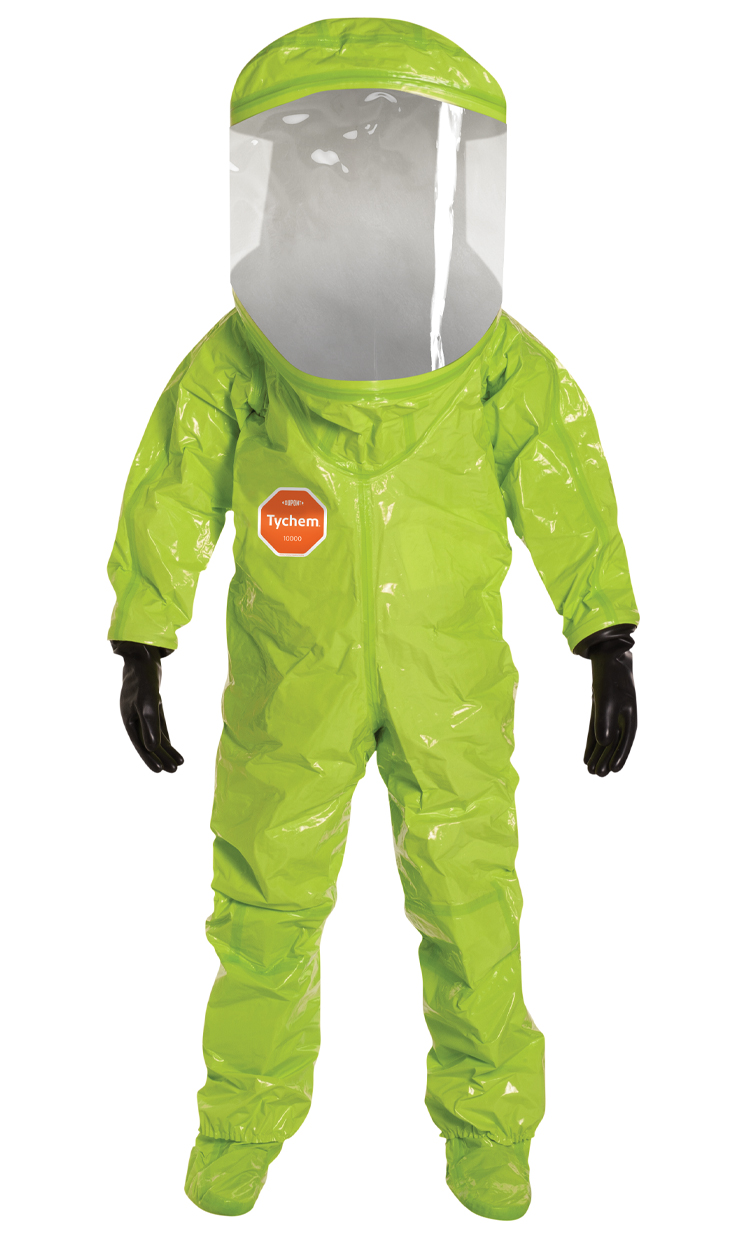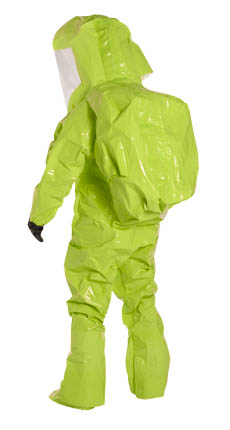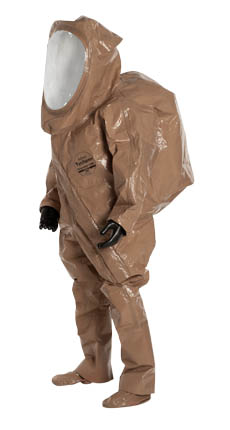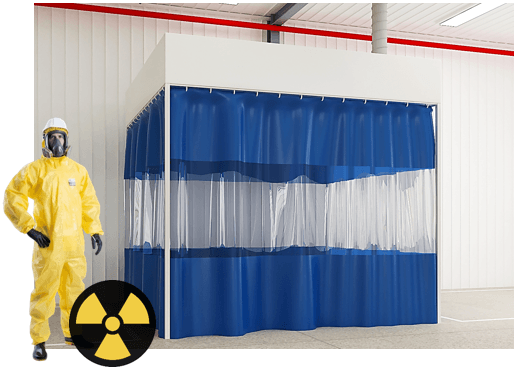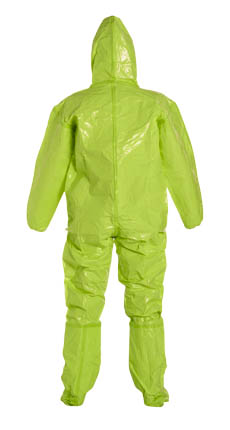Hazmat Vinyl Odor

This will continue until you remove it in 2 years time or in 2 decades time.
Hazmat vinyl odor. Bluemagic repair products we have a full line of repair products for when you need it. Vinyl chloride that is released by industries or formed by the breakdown of other chlorinated chemicals can enter the air and drinking water supplies. As soon as the house is closed up for a few days during the summer the homeowners complain of a distinct vinyl smell. See vinyl chloride health info and.
Which is exactly what it is. A solid vinyl replacement window may not be so easy to spot during a building survey as our photo left illustrates. Lester said the test drew attention to the lack of. Vinyl items such as shower curtains often have a strong characteristic odor for days or even weeks after you take them out of their original packaging.
Called outgassing these fumes are emitted from vinyl over time and are just one cause of indoor pollutants. Vinyl flooring health risks after vinyl flooring is installed inside of your home the chemicals that are released from the flooring into the air will off gas and create a pungent odor in the environment. Vinyl siding when heated can give off a distinct plastic odor. Cleaning the surface helps a bit as well.
This is the profile of vinyl. The epa has tested vinyl shower curtains and in 2002 said it had found that many of the same chemicals listed in the center s report. Vinyl chloride is a gas with a sweet odor. Industrial leading headlight lense restorer and sealer will remove yellowing form your headlights.
It is highly toxic flammable and carcinogenic. It can be formed in the environment when soil organisms break down chlorinated solvents. Vinyl or plastic windows such as plastic clad or vinyl clad windows by some manufacturers may exude a chemical odor or smell especially when new or when heated. The use of volatile organic compounds in the manufacturing process of vinyl can actually fill your home with dangerous fumes and odors.
Unpleasant chemical odors are common with new furniture. Using a cooking or other heating device close probably less than 36 to vinyl siding can cause it to deform melt and possibly catch fire.







